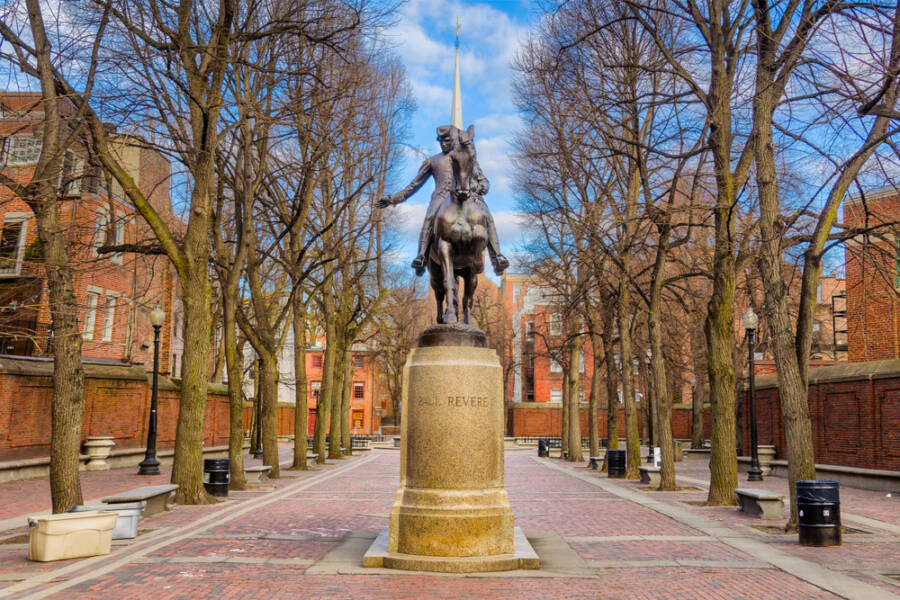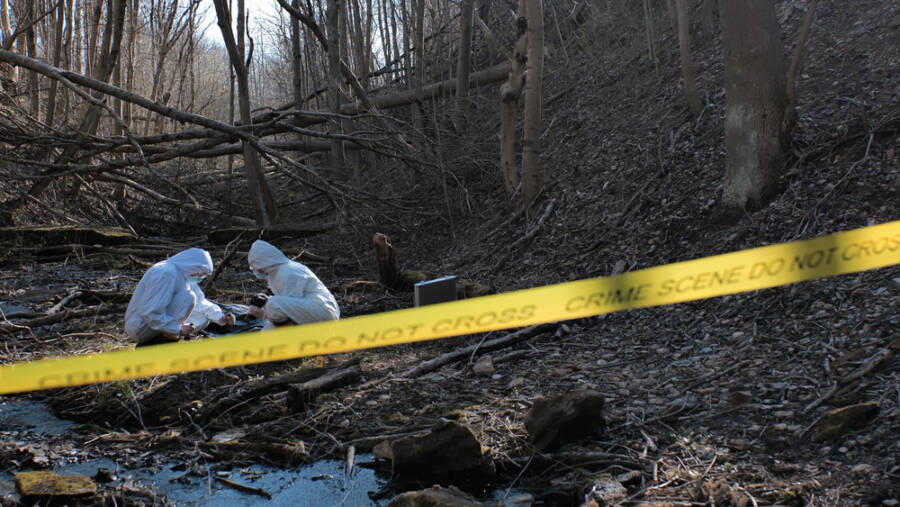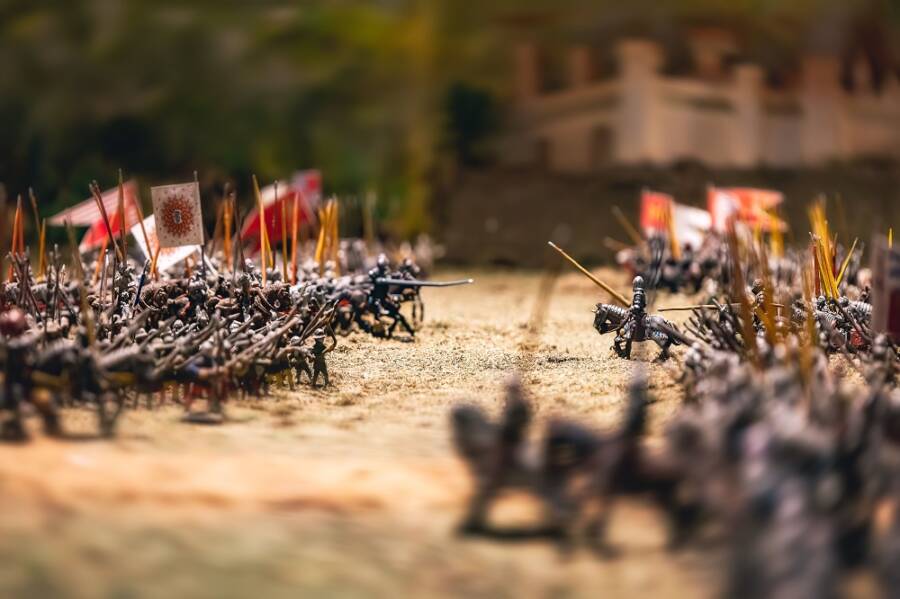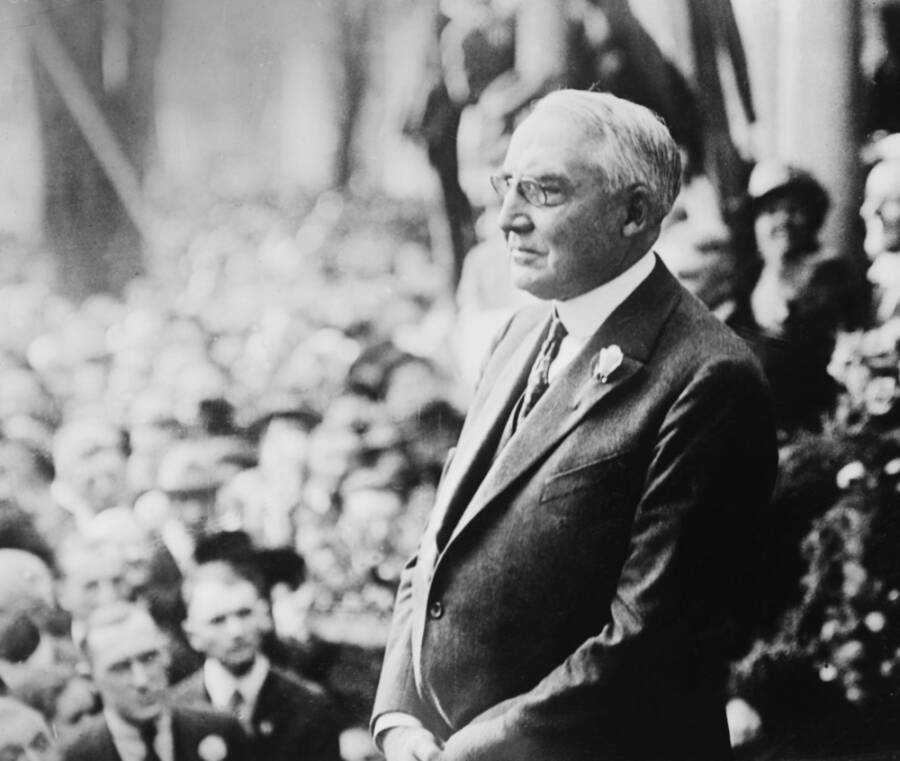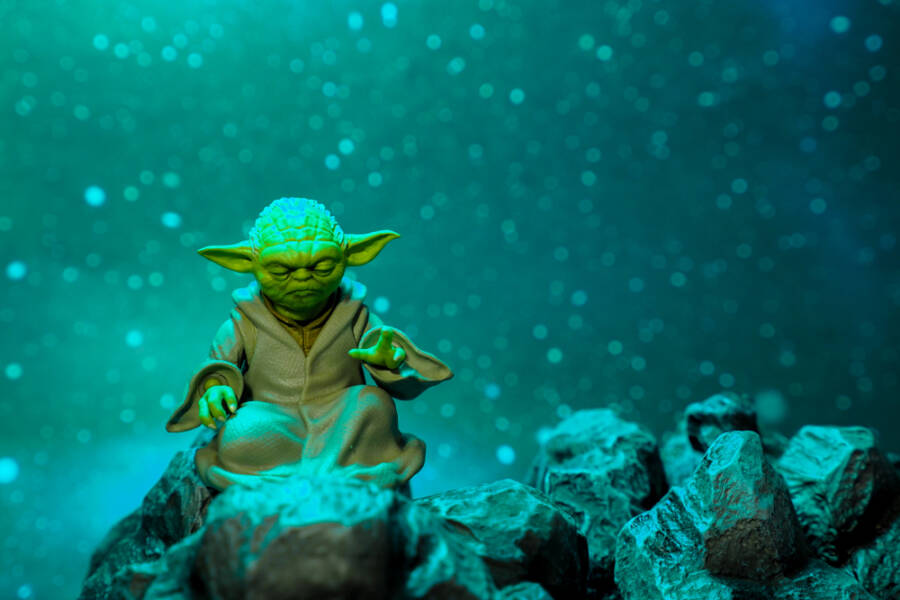Are you proud to be a citizen of the United States?
Whether we like it or not, mistakes are normal and can happen to anyone at any time. This means that errors of great significance can happen in every profession, from science and engineering to commerce and the military, and the entire population typically feels their repercussions.
However, in order to improve governance, they frequently discuss these blunders in-depth, but they aren’t the only ones that could have far-reaching consequences. As improbable as it might seem, some of the United States’ worst blunders have nothing to do with political ideology.
When these kinds of mistakes happen at important times in the history of the United States, they can have a big impact. Anyone can make a mistake in judgment or discretion, but only a lucky (or unlucky) few will see their gaffes have a lasting impact on the course of history.
Without a few major missteps, it’s reasonable to argue that the current United States of America would not exist as it does today. Let’s see these mistakes and discover the things that shaped our country’s history!
1. The Confederacy’s downfall
Here’s the mistake: The Confederate States of America seemed to be on the verge of triumph in the early stages of the American Civil War. General Robert E. Lee came up with “Special Order No. 191” in 1862 so that the rebels could take over many important spots in Maryland as they moved north and won a series of important victories.
The only problem is that a Union soldier found a lost copy of the instructions written by Lee. As a result of information leaks, the Union was able to defeat Lee at South Mountain and Antietam.
What were the results: While the precise significance of South Mountain and Antietam is debatable, both battles are often acknowledged as major turning events in the war.
The Union was able to cut off Lee’s advance to the north once they discovered the special orders we previously mentioned, thereby turning the tide. Lincoln’s Preliminary Emancipation Proclamation, which turned the Union struggle into a demonstration against slavery, was made possible with the help of the Union’s victory at Antietam.
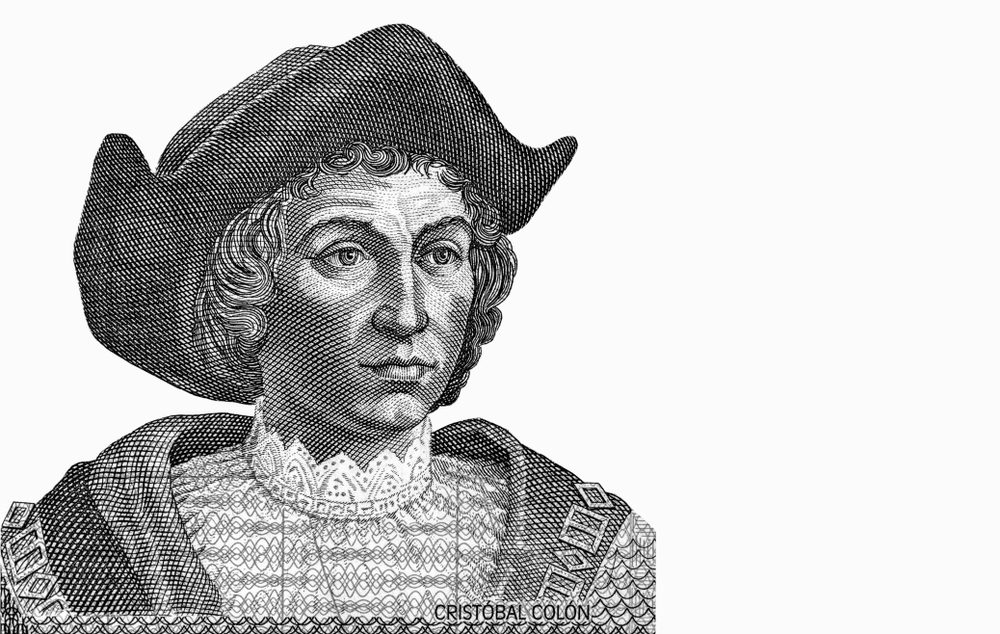
2. Christopher Columbus and The New World
You sure know that the one who discovered our beautiful country and introduced it to the whole world was the Italian navigator and explorer Christopher Columbus.
The initial mistake: While it’s not true that he set sail in 1492 to disprove the flat Earth theory, the mythical mission did draw inspiration from a real scientific blunder of the time.
It’s true that Columbus had planned the trip for quite a while, but there were some errors in his agenda. Some of the mishaps we’re talking about were his erroneous attempt to convert Arabic miles to Roman miles, and let’s not forget about the fact that he made some misdirected adjustments to previous maps.
What happened in the end?
These happy mistakes led to the discovery of the New World. So, Columbus planned his trip to Asia based on calculations that were way off by 8,000 kilometers.
These discoveries were critical to the development of Western civilization, but they were disastrous to the native peoples who lived in the Americas at the time.
3. Some mistakes blocked the acceptance of nuclear power
The mishap: On March 28, 1979, a partial nuclear meltdown occurred at Three Mile Island, which is still considered the worst nuclear accident that has ever happened on United States territory.
The reason it occurred was because of a strange coincidence of technical failure and human mistakes. The plant employees missed the warning indicators on their lineup of instruments when a relief valve for the reactor core got jammed open.
The conclusion: Luckily, there were no fatalities at Three Mile Island, but there were some consequences to this unfortunate event. For example, the radioactive release had small effects on health, and the whole thing needed to be looked into more.
What happened afterward: However, the actual result was a widespread loss of public confidence in nuclear energy. Some sources said that the accident at Three Mile Island effectively killed any hope of widespread nuclear power generation in the United States. This led to an even greater dependence on climate-altering fossil fuels.
…We can’t tell for sure which type of energy would be better for our country because each one has its own pros and cons, but we do know that nuclear power is extremely strong and it needs to be handled by highly trained people! What are your thoughts on this topic?
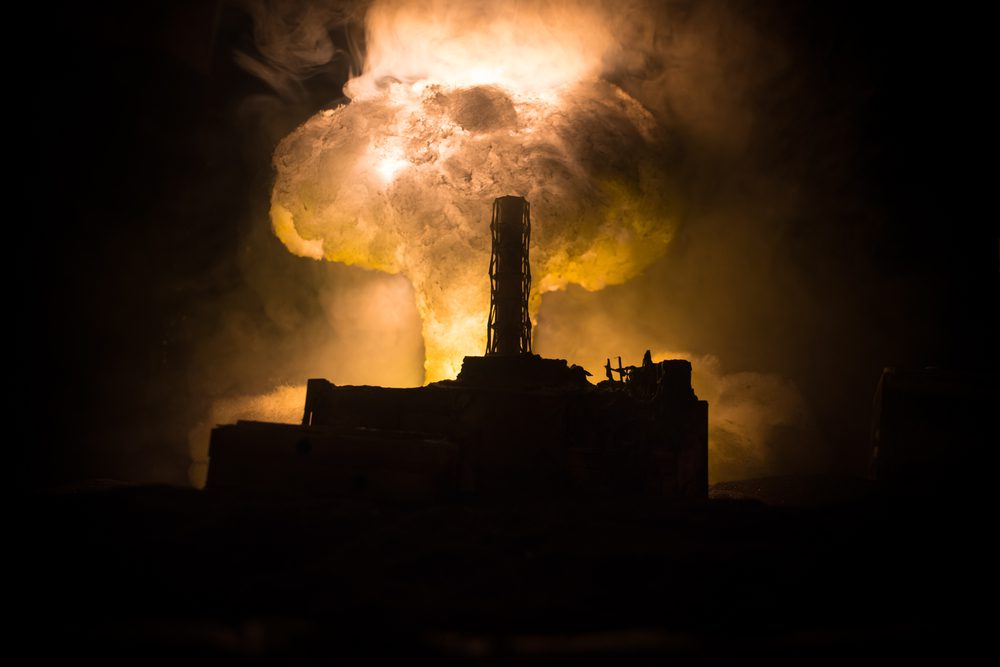
4. United States, Japan, and nuclear weapons
Another important thing that shaped the way the United States looks today was the end of World War II, when America dropped 2 nuclear weapons, “Fat Man” and “Little Boy,” on Japan in July 1945. But let’s discover more about the story behind these deadly and harmful events!
Things that went wrong: When the United States sent Japan a notice and presented the country with its conditions of surrender, the whole world was speechless and anxious to find out what was going to happen next.
Shortly after, Japanese Prime Minister Kantaro Suzuki was asked about his thoughts and concerns, and he said “mokusatsu,” a word that means “quiet,” or “no comment,” and was meant to represent that they don’t want to make any public statements and would rather show their patience before doing anything else.
Given the fact that the word “mokusatsu” can be interpreted in multiple ways, things got complicated pretty quickly. The press didn’t ask the politician about the meaning of his statement but rather preferred to transmit that Japan’s officials said that they decided to “disregard with mute contempt”.
What happened: When President Harry Truman found out what the press was saying about Kantaro Suzuki’s words, he got extremely mad and decided to detonate the 2 bombs on the Japanese cities of Hiroshima and Nagasaki.
Experts like to imagine that things could’ve been different in the sad month of July 1945. They said that if the Prime Minister’s words hadn’t been badly translated, maybe Japan would have had the chance to think about what it wanted and maybe quietly and peacefully surrender.
5. How the United States won their independence
The thing that went wrong: All of us know that one of the most important things that have ever happened in the history of the United States is the iconic moment when George Washington crossed Delaware and defeated his subsequent Hessian soldiers.
Historians say that the entire episode was a turning point in the American Revolution. However, what not many people know is that this triumph almost didn’t take place.
That’s because a nearby farmer warned the Hessian camp of Washington’s impending arrival, but Colonel Johann Rall was too caught up in his card game to hear him out.
What happened in the end: The farmer had written him a letter describing how serious and dangerous the entire situation actually was, but Rall, being a German speaker who couldn’t understand English, had just tucked it away and continued playing.
We can say that we should be grateful that the general didn’t know how to read English because the victory would not have gone to the US party otherwise. As you can imagine, the Washington attack took the Hessians by surprise that morning, and it was a major victory for us.
Washington’s victory at Trenton was not only crucial to the ultimate success of the American independence movement, but it was also decisive.
That’s because when the Revolutionary Army invaded New Jersey, they were able to establish a foothold after capturing almost 2/3 of the Hessian army. In addition to the impressive success, Colonel Johann Rall and some of his people made some mistakes and were punished by death.
…How much do you know about the history of the United States? There’s always room for more knowledge, which is exactly why we recommend you check out this article: The Amazing History of Thanksgiving: What Happened on This Day?

